7 Human Resource Management Basics Every HR Professional Should Know
AIHR
APRIL 15, 2024
Contents What is Human Resource Management? Performance management 3. Succession planning 5. HR data and analytics How has Human Resource Management changed and evolved? Human Resource Management skills FAQ What is Human Resource Management? Let’s get started! What is a human resource?

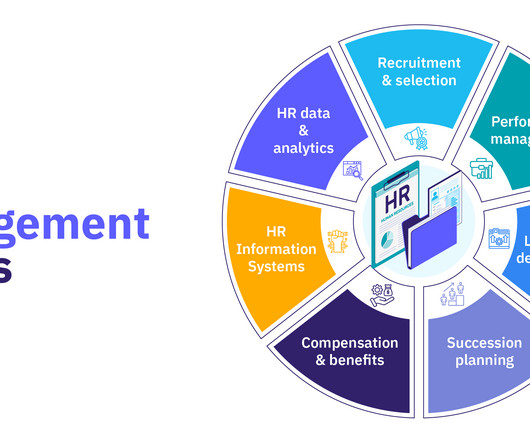

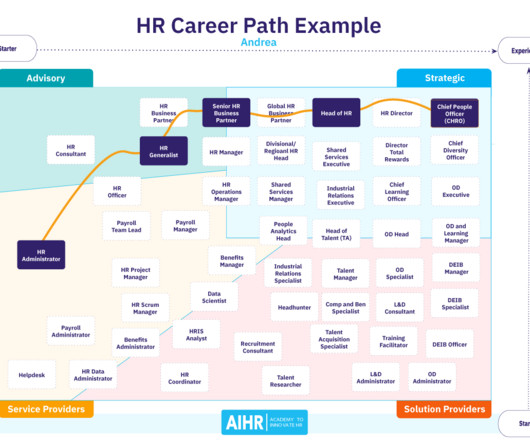

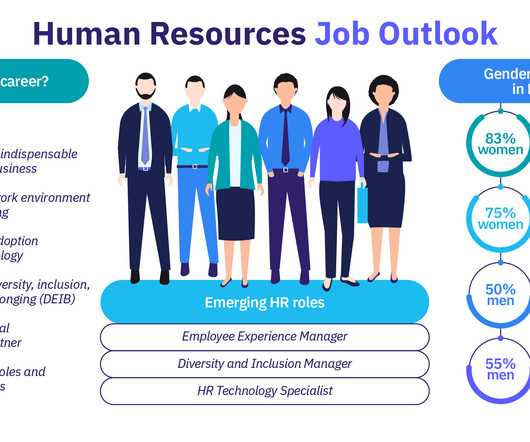
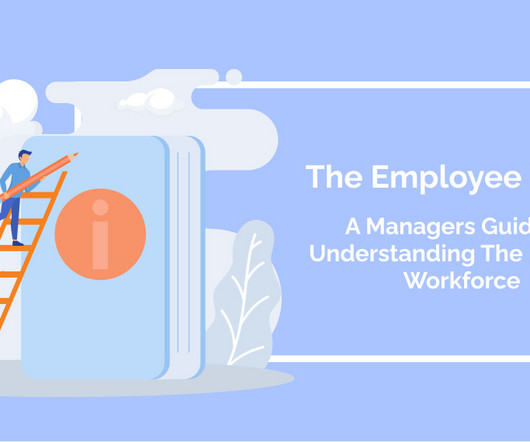






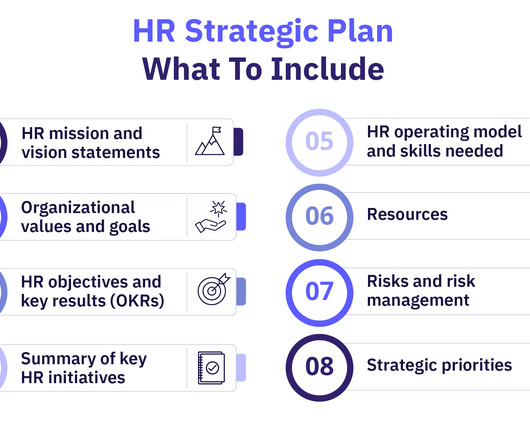


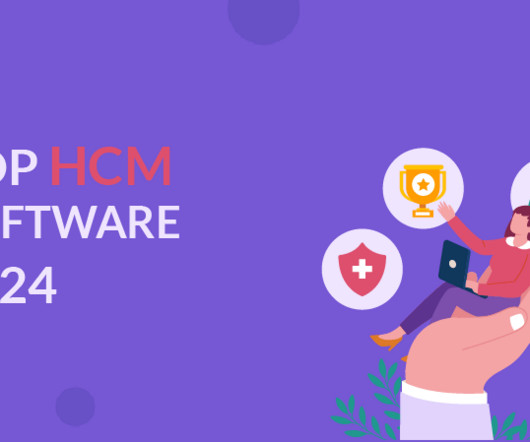






Let's personalize your content